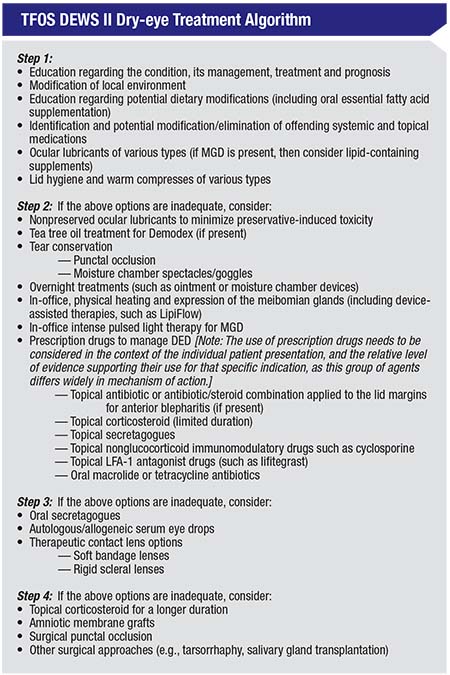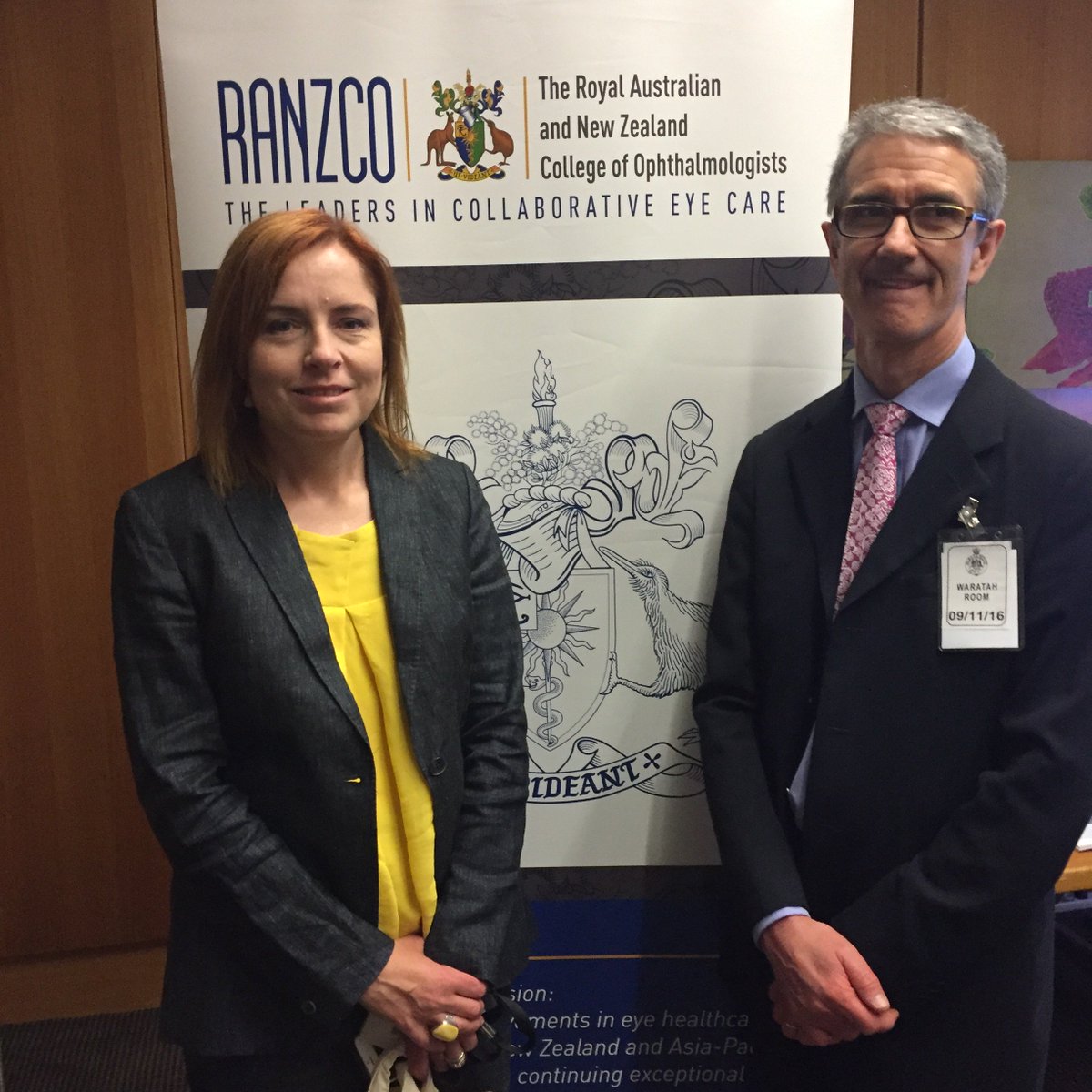
Each person has 30,000 genes which provide the instructions for making the proteins in the body. Individual differences in disease severity and response to medications are at least partially determined by our genes. Downie’s goal with this project is to understand why the standard treatments work differently for individual patients, what causes some patients to relapse, and why some children are more susceptible to developing nephrotic syndrome so that we can optimize treatment of this disease. We also know that children of South Asian ethnicity are more likely to get nephrotic syndrome but we do not yet know why.ĭr.

In addition, even if treatment is initially successful, the disease can recur and eventually become chronic, lasting for decades. Patients that respond to this treatment have “steroid sensitive nephrotic syndrome.” However, these and other medications used can have severe side effects, and the response to them is quite variable. Currently, the treatment for nephrotic syndrome is with medications commonly referred to as “steroids”, which can stop the kidney from leaking. This can lead to complications like infection, blood clots, and kidney injury. In nephrotic syndrome, the kidneys leak protein into the urine which causes the patient’s body to swell. Nephrotic syndrome is the most common kidney disease in children worldwide, with up to 3000 Canadian children newly diagnosed each year. Downie hopes that this work will contribute to establishing more individualized genetic risk profiles and more tailored treatments for children with steroid sensitive nephrotic syndrome. Using genetic association studies in multi-ethnic populations, she aims to identify the genetic changes that make children at risk for developing more severe forms of disease and/or responding less well to treatment. She is currently investigating the genetic contributors to childhood steroid sensitive nephrotic syndrome, one of the most common kidney diseases in children worldwide. She received her MD from the University of Toronto and completed her general paediatrics and clinical nephrology training at the Hospital for Sick Children, Toronto. Mallory Downie is currently pursuing her PhD in bioinformatics and genetics at University College London, UK.

Study title: Using genetics for precision medicine in nephrotic syndromeĭr. Rulan ParekhĪward: KRESCENT Post-Doctoral Fellowships


 0 kommentar(er)
0 kommentar(er)
